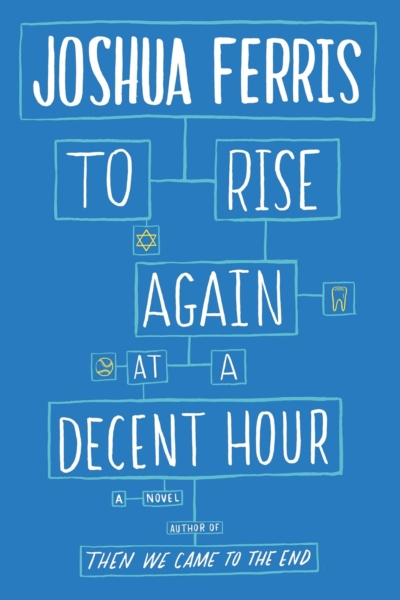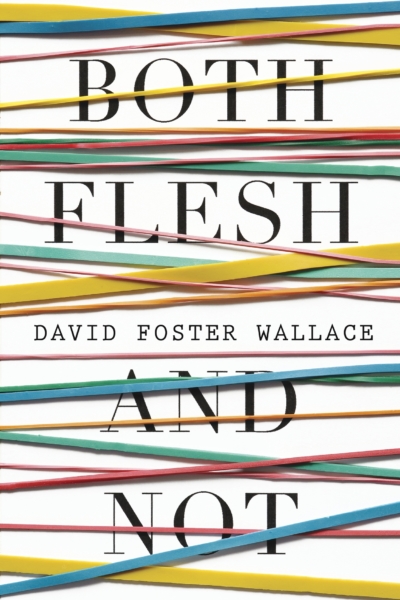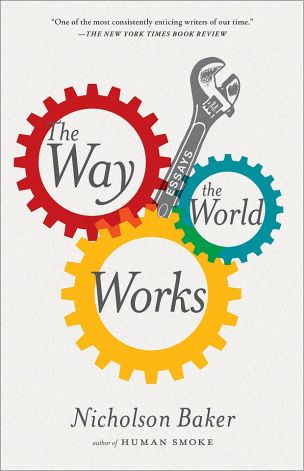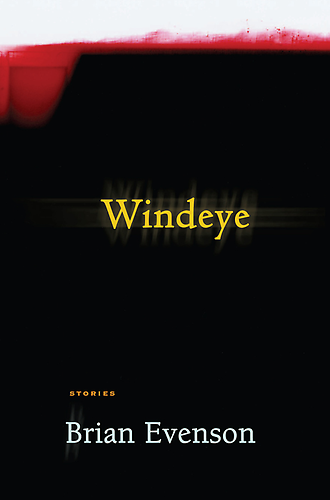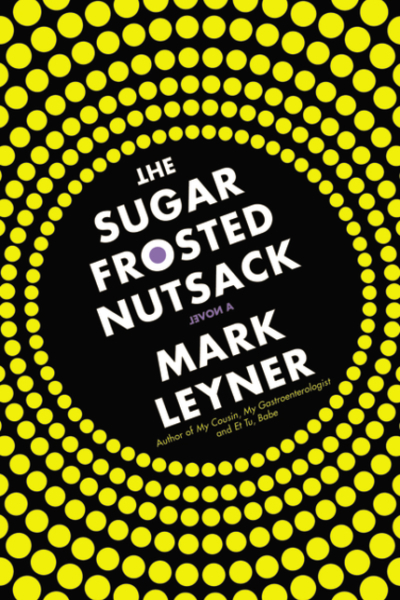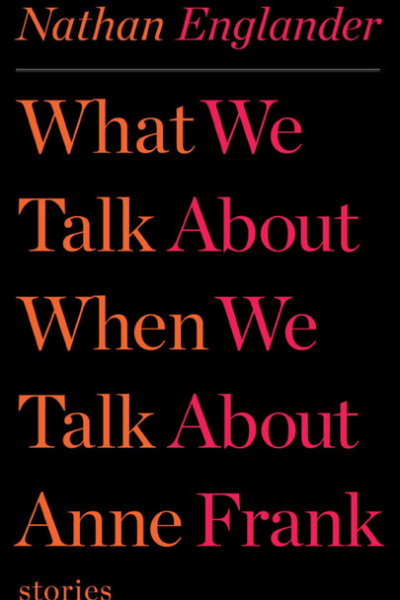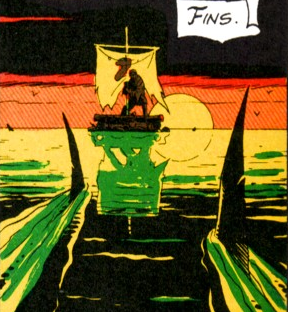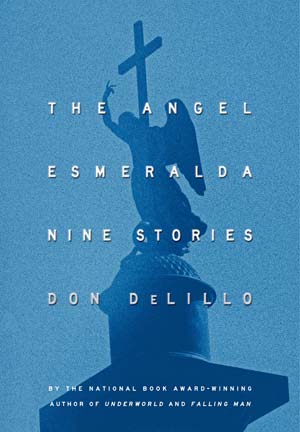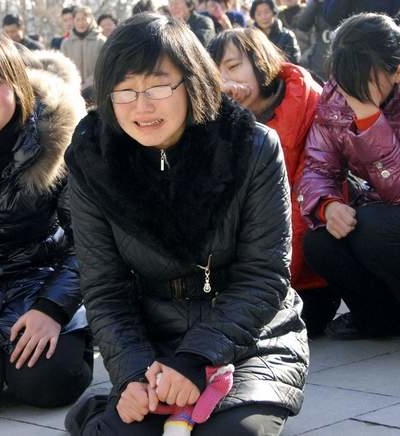To Rise Again at a Decent Hour – Joshua Ferris
Ferris approaches his protagonist like a kid in a guitar shop who only knows three chords: self-pity, self-loathing, and self-righteousness.
Both Flesh and Not – David Foster Wallace
Suddenly anything the author wrote, even lists of words he wanted to use but never got around to using, are fair game so long as the publisher makes a buck.
The Way the World Works – Nicholson Baker
Baker considers everything worth looking at, and The Way the World Works reminds us that these thoughts, from investigative to whimsical, are worth preserving.
It achieves in a sentence what entire horror films and novels and stories strive to do.
The Sugar Frosted Nutsack – Mark Leyner
When attempts to completely reconfigure our idea of the novel don’t wind up working, one starts feeling all the more pained by the absence of the fundamentals of fiction.
What We Talk About When We Talk About Anne Frank – Nathan Englander
The greater profundities emerge before Englander tries so hard to reach them.
Alan Moore was simply dead wrong when he stated that prequels and sequels diminish a work’s literary quality.
The Angel Esmeralda – Don DeLillo
It is that journey from not knowing what other people want to not knowing what oneself wants, a journey into greater depths of uncertainty, that brings all of DeLillo’s talents and perceptions into fruition.
The “sense” of books as “finished and complete” or “self-contained” is precisely that — a sense and nothing more.
Fans in hysterics over the death of Michael Jackson or Kim Jong-il may conjure the closest primal echo of early mourning, but within the columns of newspapers and magazines, mourning most consistently resurrects former public rituals.



